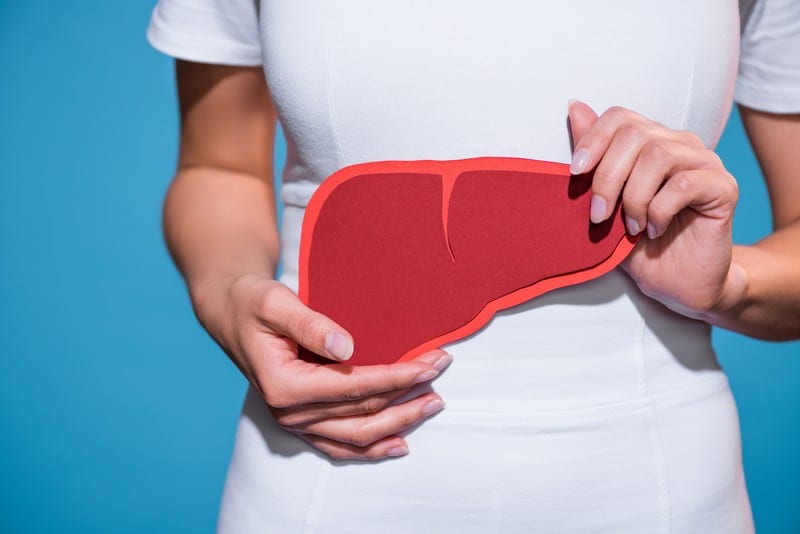Supports Liver Health

Phospholipid-bound omega-3s found in krill oil make it a possible treatment option for hepatic disease. Supplementation with phospholipids EPA and DHA may be more successful than supplementation with triacylglycerols in lowering hepatic steatosis, according to studies.
Furthermore, krill oil can also help maintain liver health in otherwise healthy persons.
The liver plays a pivotal role in choline metabolism and use. Choline in krill oil can aid in normal liver function and fat metabolism. Choline deficiency causes a buildup of fat in the liver, which in turn causes damage and cell death in the liver. It also has a crucial role in synthesizing lipoproteins, which are responsible for transporting fat away from the liver and around the blood to the cells that need it. This can lessen the risks of NAFLD or fat accumulation in the liver’s cells.
Krill oil contributes to appropriate lipid metabolism and improves the blood, adipose tissue, and liver fatty acid profile. The oxylipins in the liver and other fatty tissues are reworked by krill oil, creating a less-inflammatory setting. The anti-inflammatory effects of krill oil are most prominent in adipose tissue, but it also suppresses inflammatory pathways in the liver.










